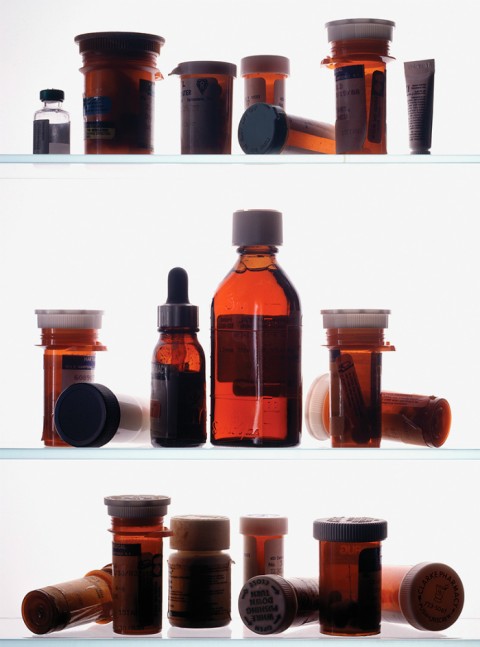Addiction teaches us the truth about lies
Small deceptions work like a narcotic, making us feel nicely respectable. Especially in church.

Professional truth-seekers are having a rough time with Donald Trump this year. His propensity to tell lies about even his own lies is confounding pundits. He may be duping himself as regularly as he misleads the wider public. Yet cringing at Trump’s mendacious ways should not offer the rest of us a pass for overlooking our own capacities for self-deception.
Adam Hearlson’s cover story on the opioid epidemic ("Facing the opioid crisis") highlights the need for people to be courageously honest in confronting the scourge of addiction. Self-destructive habits receive much of their lifeblood from daily dishonesties. “Ten percent of my battle has to do with alcohol,” a friend in recovery likes to remind me. “The other 90 percent is all about honesty.” A woman in my congregation who’s been attending 12-step meetings for 17 years is fond of saying, “You are always as sick as your sickest secret; and there is no health as long as it remains a secret.”
Read our latest issue or browse back issues.
Yet little white lies plague more than the addicted. Small deceptions function like a narcotic in many of us, allowing us to feel nicely respectable to others. In his book The (Honest) Truth about Dishonesty: How We Lie to Everyone—Especially Ourselves, Dan Ariely describes different varieties of dishonesty. When we lie and cheat in big ways, he argues, we start to feel bad about ourselves. But smaller versions of untruthfulness leave us with relatively strong self-esteem. In fact, when we manage the moral pluses and minuses in life enough to keep our lives headed in positive territory, we feel mostly wonderful about ourselves.
But what about the truth that is supposed to organize our lives?
When Pilate asks Jesus one day, “What is truth?” the question quietly bounces off the walls. Jesus doesn’t say a blessed thing. He just stands there as truth itself—like a full-length mirror revealing the untruth inside anybody courageous enough to take a look.
The Greek word for truth, alethia, was sometimes used in ancient times to describe the unveiling of a statue. Think, for example, of being present on the day when Michelangelo removed the covering drape from his David. One could walk 360 degrees around this grand figure, inspecting it from every angle. That is alethia, variously translated as unconcealment or disclosure. Veritas, the Latin counterpart to alethia, shows up in many college and university mottos, though usually in word form rather than as the image of the nude goddess holding a mirror in Roman mythology.
If Hearlson is right in his claim that the avoidance of honest talk in churches is “one of the fees the faithful pay for entry,” it might be time for a renewal in understanding liturgical confession. In confessing, we are not informing God of anything God doesn’t already know. And we’re not just naming a list of transgressions. We’re coming face-to-face with a divine mirror of sorts, one capable of disclosing the facade or veil that masks our little dishonesties and self-deceit.
Confession is a beautiful occasion for truth telling. We don’t confess our sin in order to be forgiven; we confess because we are forgiven, which is to acknowledge that the cover-up game is over. We’re exposed or revealed for who we really are. That’s when the joy of living more authentically truly begins.
A version of this article appears in the November 9 print edition under the title “The truth about lies.”







